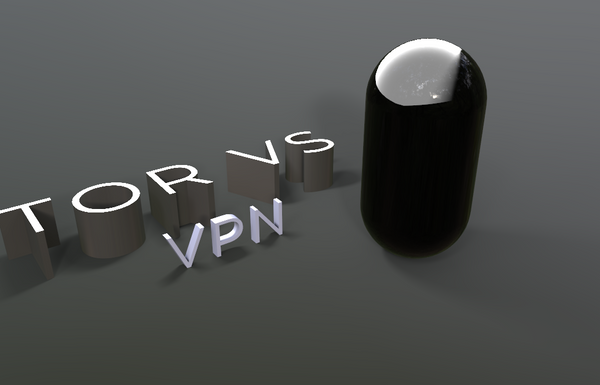
Tor and VPN are both proxy-based technologies that are designed to provide user privacy and anonymity when using the internet. Both have positive and negative sides. They work in different ways for the same purpose.
What is Tor?
Tor is a free and open-source software for enabling anonymous communication. Tor encrypts data, including the destination IP address, multiple times and sends it through a virtual circuit of randomly selected relays to hide the user's location and usage from anyone doing network surveillance or traffic analysis.
Using Tor makes it more difficult to trace Internet activity to the user: this includes "visits to websites, online posts, instant messages, etc. Tor's intended use is to protect the personal privacy of its users, as well as their freedom and ability to conduct confidential communication by keeping their Internet activities unmonitored.
Positive sides of Tor:
Free to use
Ultra-secure
Difficult to disrupt Tor Network Most powerful anti-censorship tool
Provides anonymity from surveillance agencies
Almost impossible to attack because it uses a distributed network
Negative sides of Tor
It is slow because it uses random nodes all over the world.
Not suitable for P2P file sharing (Such as BitTorrent)
It may be blocked - the list of Tor exit nodes is published openly, meaning providers can easily restrict access. (Tor bridges can solve this problem)
What is VPN?
A virtual private network, or VPN, is an encrypted connection over the Internet from a device to a network. The encrypted connection helps ensure that data is safely transmitted. It prevents unauthorized people from eavesdropping on the traffic and allows the user to conduct work remotely. With VPN, user internet traffic is encrypted and tunneled by secure protocols. Also, the user's original IP address is hidden and anonymized(limited).
Positive sides of VPN:
Hides your identity
Some support torrenting - some VPN services cater specifically to P2P torrent users.
Faster than Tor
Circumvents censorship - like Tor, this also makes VPNs effective for defeating many forms of censorship.
The negative sides of VPN:
VPNs do not provide true anonymity
Most trusty VPN services are expensive
Some VPNs keep user logs
Conclusion:
Tor and Vpn are technologies serve the same purpose but achieve this in different ways. Which one is better or more useful depends entirely on the user's preferences. So if anonymity, money or security are important to the user, Tor might be better for them. Or if speed is important, the Vpn might be more useful. We have presented the positive and negative sides of both to you objectively.
Thanks & Best Regards Zentachain Team!














